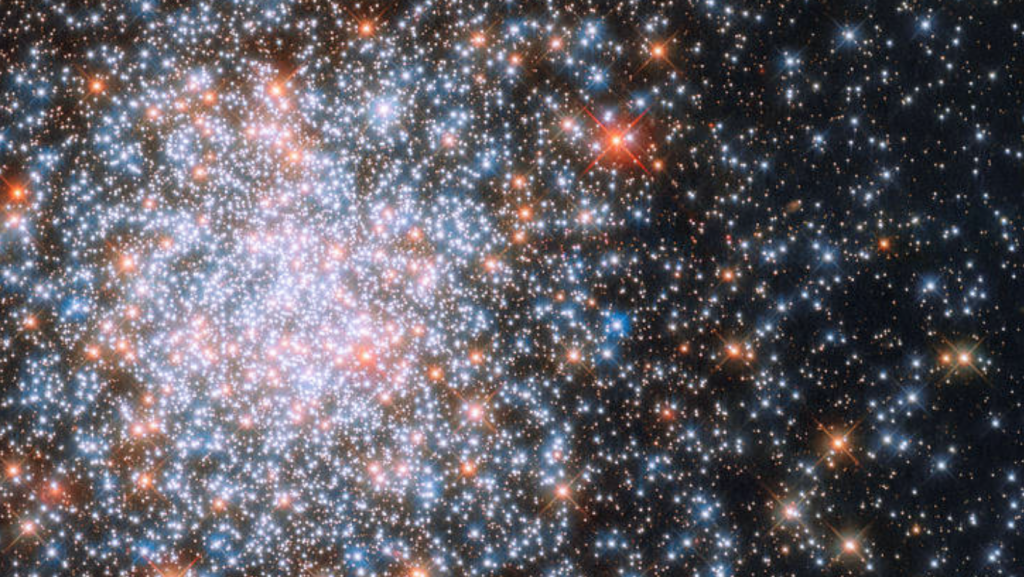
Is there an all-good god or an all-evil god? This is the eleventh of a series of short posts about whether gods exist and why the question is an important one.
Theists typically argue that their god is all-good, as well as all-knowing and all-powerful.
But an all-good god would want to create a perfect universe with no suffering or evil, and an all-knowing and all-powerful god would be able to do this.
So why do we see so much suffering or evil around us?
Some theists respond that the world is actually perfect, but we just don’t understand how. But then why would the god have to intervene in this perfect universe through miracles?
These people argue that what we see as suffering and evil might be necessary to bring about a greater good, and we just don’t understand why an all-good god would need to do it this way.
Others argue that their all-good god created humans with free will, in order that we are able to voluntarily choose to cause wellbeing and do good, instead of being forced to do so.
But both of these arguments apply equally to the idea that there is an all-evil god, who is also all-knowing and all-powerful.
If there is an all-evil god, then what we see as wellbeing and good might be necessary to bring about a greater evil, and we just don’t understand why an all-evil god would need to do it this way.
Or maybe an all-evil god created humans with free will, in order that we are able to voluntarily choose to cause suffering and do evil, instead of being forced to do so.
If you believe in principle in the existence of gods, then either theory is as good as the other to explain the existence of wellbeing and suffering or good and evil.
As with so many arguments for the existence of gods, this one depends on first choosing the type of god that you want to exist, then giving your imagined god attributes that suit what you already want it to be like.
Like this article? It is one of a series on this topic.
Click here to read the other articles in this series.